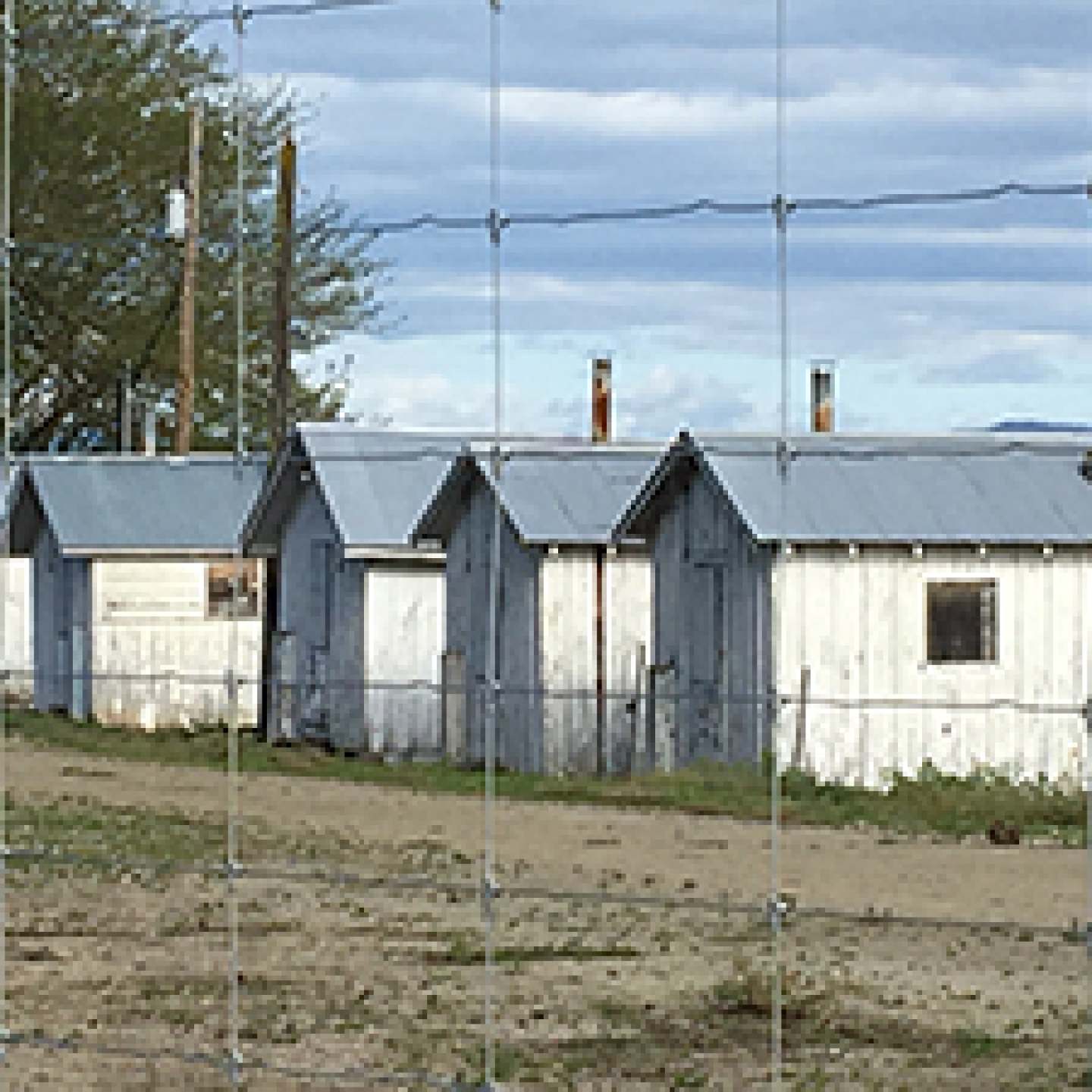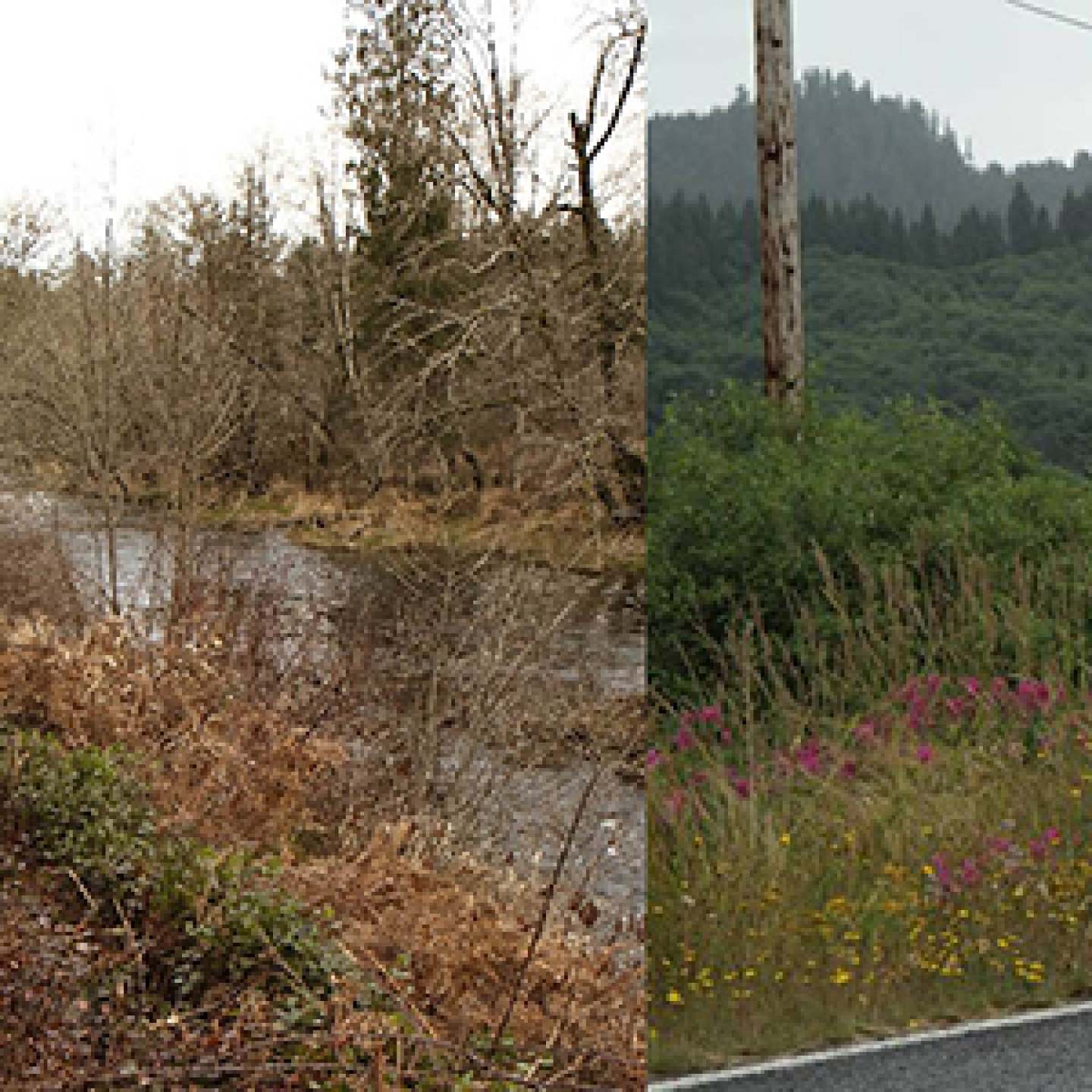Oregon has over 300 registered farm worker housing camps and another 200 unregistered camps. Most of these camps are located within orchards and fields that are regularly sprayed with pesticides that are human carcinogens and neurotoxins. To protect farm workers, the federal law requires a minimum 100-ft. no-spray buffer around farm worker housing. You may be surprised and dismayed to learn that Oregon’s worker protection agency, the Occupational Health and Safety Administration (OSHA), wants to give Oregon farmers “a pass” on following the 100-ft pesticide buffer regulation.
Senator Michael Dembrow champions the health of rural Oregonians
Senator Michael Dembrow first championed the rights of rural Oregonians in the matter of aerial herbicide spray exposures in 2014. As Chair of the Senator Environment and Natural Resources Committee, he convened a public information hearing in Dec. 2014 and hosted residents from Curry, Douglas and Lane counties to offer testimony of their experiences with pesticide drift from aerial herbicide spray operations on timber land. For the current legislative session, Senator Dembrow is the bill sponsor of SB 892, a bill that would require advanced warning before an aerial spray and the filing of complete spray records with the Dept of Forestry.
Crow Feather Farm
Beyond Toxics is publicizing local gardens friendly to our increasingly fragile population of pollinators. In this blog we visit Jessica Jackowski’s garden in Eugene.
Along a path at Crow Feather Farm, borage blossoms unfurl in spirals. A honeybee dances among them, then attaches herself upside down to a nectar-rich mini-grotto, proboscis sucking up sweetness. A few spirals over, a plump velvety bumblebee alights, and a hummingbird waits on a post nearby.
“Herbicides as a Last Resort” – A County Policy Ignored, Never Defined and Never Implemented
Beyond Toxics was one of the members of a Lane County Roadside Integrated Vegetation Management Plan Stakeholders group. The IVMP stakeholder group was very diverse, with members ranging from the Lane County Farm Bureau to NCAP to ODA to Beyond Toxics. The reason I agreed to join the IVMP stakeholder group was to tackle the challenge of researching, writing and working with others to adopt a true Herbicides as a Last Resort Policy. Lane County supposedly had such a policy on the books, but it was never actualized.
We Need Resilient Forests
Recently, I had lunch in the employee cafeteria of an international corporation based in Lane County. I was somewhat amazed, but pleased, to see efforts to celebrate Farm Worker Appreciation Week. There were large colorful posters of farm workers and glossy brochures. Their handouts urged the reader to consider how their food is grown, who harvests their food and if workers are treated fairly.
In other words, consumers were being asked to evaluate the ethics of our food system and the impact our choices have on our planet and the people who work in the fields. Why aren’t we demanding the same information about the wood products we buy?









